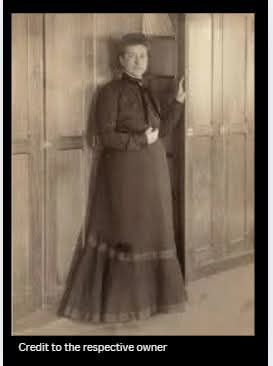Williamina Paton Stevens Fleming was born on a cold morning in 1857 in Dundee, Scotland. No one could have imagined that this girl, raised far from the world of science, would one day leave her mark among the stars.
By 14, she was already a teacher. At 20, she married and emigrated to America. But her husband abandoned her, leaving Williamina alone with a newborn son in a foreign country. To survive, she became a housekeeper for Edward Pickering, director of the Harvard College Observatory.
The story goes that, frustrated with his assistants, Pickering declared, “My Scottish maid could do better!” And she did. In 1881, she joined the observatory and quickly proved her brilliance.
Williamina became the first of the “Harvard Computers,” a group of women who studied the heavens through thousands of glass photographic plates. Patiently and tirelessly, she classified over 10,000 stars, discovered novae, nebulae, and variable stars, and played a key role in creating the Harvard Classification System—still the foundation of modern stellar astronomy.
Her achievements broke barriers. In 1906, she became the first American woman named an honorary member of the Royal Astronomical Society.
Williamina Fleming’s journey reminds us that greatness often rises from the most unexpected places. She didn’t just count the stars—she gave them order and meaning, leaving a shining path for women who dared to dream of the cosmos.
